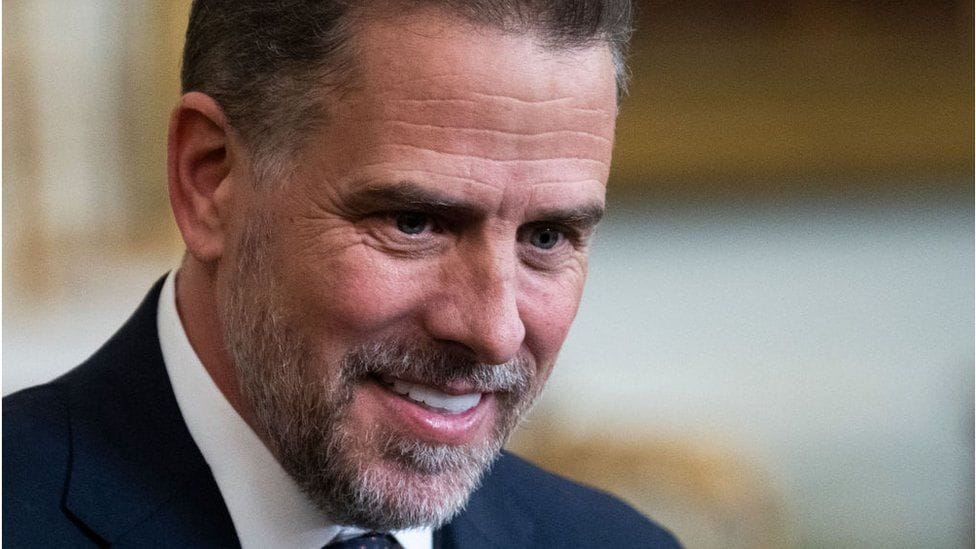In a significant move that has captured the attention of both domestic and international observers, Thailand’s Prime Minister has publicly declared assets totaling more than $400 million. This declaration, made in accordance with the country’s laws on asset transparency for public officials, includes a remarkable collection of luxury handbags and watches, among other high-value items. The announcement comes amidst ongoing conversations about the need for greater transparency and accountability among leaders in the region.
The Prime Minister’s asset declaration is part of a broader initiative aimed at fostering trust in government institutions and ensuring that public officials are held accountable for their wealth. In Thailand, the National Anti-Corruption Commission requires public officials to submit detailed asset declarations to mitigate corruption and promote transparency. This declaration serves as a crucial mechanism for monitoring the financial dealings of those in power and ensuring they do not exploit their positions for personal gain.
The reported assets include a vast array of luxury items, notably hundreds of handbags and watches from prestigious brands. The presence of such high-value items in the Prime Minister’s portfolio has sparked discussions about the implications of wealth accumulation among public officials. Critics argue that the opulence displayed in the asset declaration raises questions about the priorities of those in power, particularly in a country where economic disparities are evident.
In addition to luxury items, the Prime Minister’s asset declaration encompasses various investments, properties, and financial holdings. The breadth of these assets has led to calls for a more thorough examination of the sources of wealth among public officials. Advocates for transparency emphasize that understanding the origins of such wealth is essential in combating corruption and ensuring that leaders are not benefitting unduly from their positions.
The Prime Minister’s declaration aligns with a global trend towards greater financial transparency among political leaders. Many countries have implemented similar measures, recognizing the importance of public trust in governance. By making asset declarations public, leaders can demonstrate their commitment to ethical governance and accountability, which can ultimately strengthen democratic institutions.
The reaction to the Prime Minister’s asset declaration has been mixed. Supporters laud the transparency initiative, viewing it as a positive step towards fostering trust in government. They argue that public officials should be held to high standards of accountability, and asset declarations are a vital tool in achieving this goal. On the other hand, some critics express concern over the sheer scale of wealth displayed in the declaration, suggesting it may alienate citizens who are struggling economically.
The Prime Minister’s office has stated that the declaration is part of an ongoing commitment to transparency and ethical leadership. Officials have emphasized that the declaration is not merely a formality but a reflection of the government’s dedication to combating corruption and promoting good governance. The Prime Minister has also encouraged other public officials to follow suit, reinforcing the notion that transparency is a collective responsibility.
As the public and media continue to scrutinize the asset declaration, it is expected that discussions surrounding wealth inequality and accountability will persist. The Prime Minister’s declaration serves as a focal point for these discussions, prompting citizens to reflect on the relationship between wealth and political power. It also raises questions about the role of luxury consumption among public officials and the potential implications for public perception.
In conclusion, Thailand’s Prime Minister’s declaration of assets exceeding $400 million, including a significant collection of luxury handbags and watches, has sparked widespread attention and debate. While the initiative is rooted in the principles of transparency and accountability, it also highlights the complexities of wealth among public officials. As the country navigates these discussions, the Prime Minister’s actions may pave the way for further reforms aimed at ensuring ethical governance and fostering public trust.



